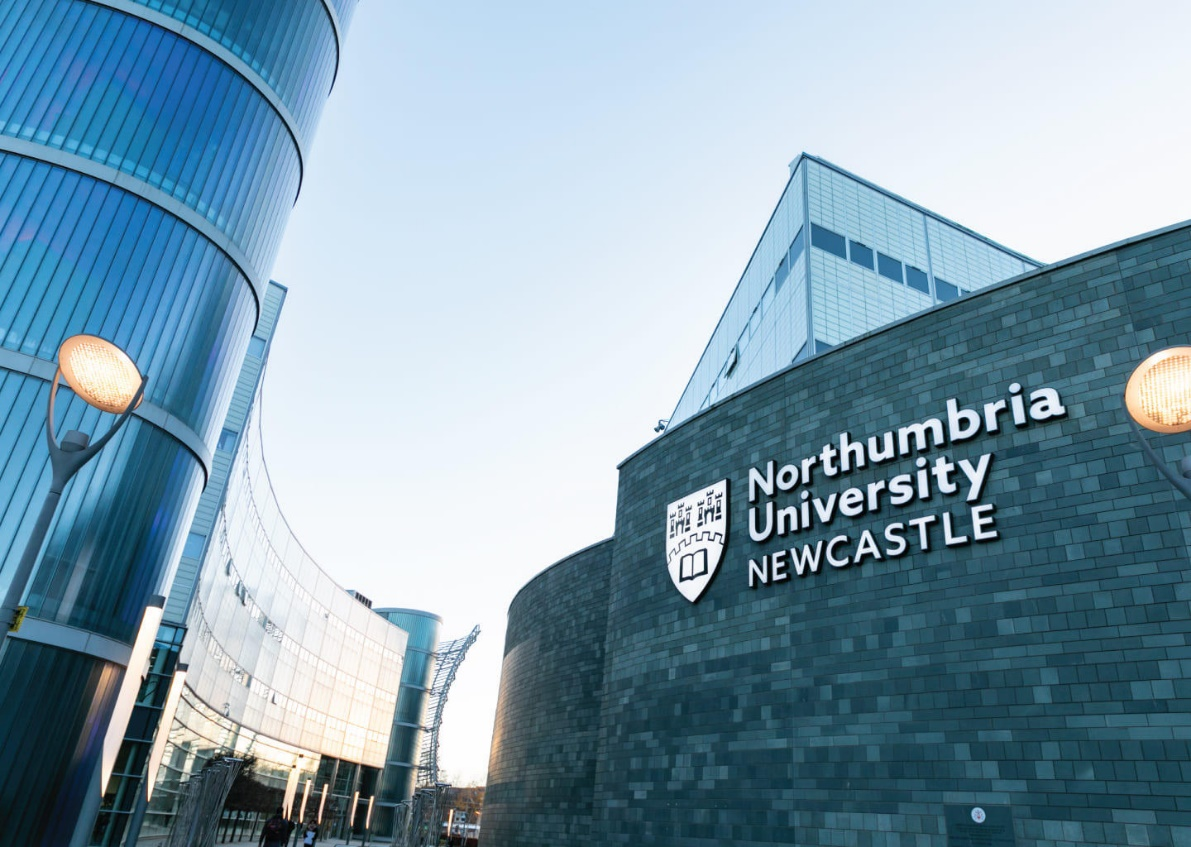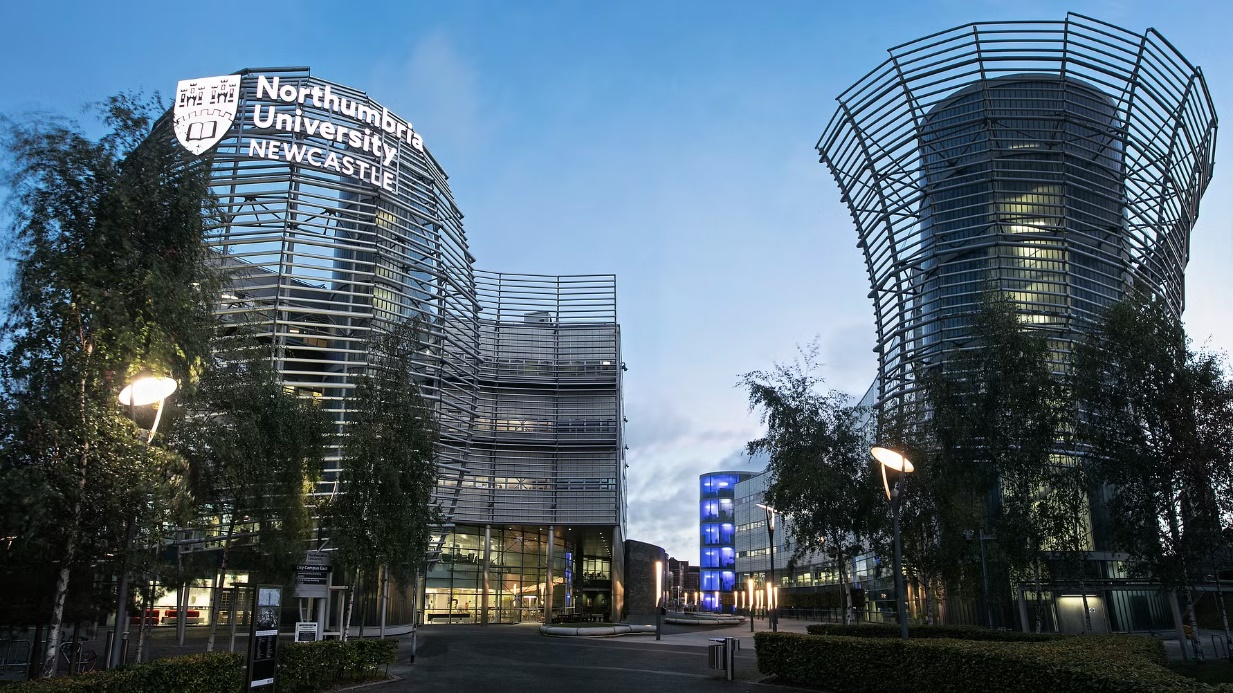Workshop Title:
Decolonising Positionality: Examining Racism, Bias and Discrimination
Date:
February 14th, 2025 (GMT)
Organizer:
Department of Social Sciences, Northumbria University
Keywords:
- decolonising positionality
- examining racism
- bias and discrimination
Workshop Chair:
Personal Bio:
Dr. Nafhesa Ali is an Assistant Professor in Sociology at Northumbria University and an interdisciplinary Sociologist with expertise in the everyday lives of racialized and minority communities. Her interests include ageing, migration, relationships and environmental sustainability. Nafhesa’s publications include her recent book, Older South Asian Migrant Women’s Experiences of Ageing in the UK: Intersectional Perspectives (2024), Storying Relationships (2021) and A Match Made in Heaven: British Muslim Women write about Love and Desire (2020). She also has journal publications in Sexualities, Ethnicities, Ethnic and Racial Studies and Cultural Geographies. Nafhesa is lead for the Power and Intersecting Inequalities (PII) Research Cluster in the Department of Social Sciences at Northumbria University.
Workshop Description:
Background:
Reflexivity aids relationships between partners, communities and individuals who are part of the research process by identifying the spaces that may be difficult to navigate because of the ‘absences, silences and invisibilities’, but likewise its ‘implications for the research’ that is being conducted (Smith, 2021, x). Similarly, reflexive positionality serves to aid the researcher’s relationship with the people and places they are conducting the research through their reflection of who they are, and how they are seen during the research process.
This workshop argues for the importance of becoming reflexive researchers and how we share the experiences, practices and negotiations of those we serve to give a voice to - as we as researchers are not separate to the research process. But likewise, we do this to tackle issues of race, discrimination and bias where our positions locate us as researchers of colour, conducting research that is essentially embedded in Western othering.
Goal / Rationale:
This notion of ‘othering’ is what the workshop would like to address and how reflexivity needs to be reconceptualized to more than just the identification of our intersections. For example, lifelong reflex¬ive positions taken by researchers over the course of their academic career which serve to inform and locate different and varying intersectional posi¬tions and relationships with people, places and their own situated identi¬ties across their own life’s course can influence the lens in which they conduct the research, but likewise their interactions with participants. Linda Tuhiwai Smith writes that ‘writing is a part of theorizing and writ¬ing is a part of history’ (Smith, 2021, 30). Therefore, locating our histori¬cal selves and intersectional identities - as researchers - can serve to shed light on the lens we shine on participants and the way in which we inter¬pret and understand their life experiences, but this needs to be more than an add on approach.
The appeal of feminist reflexivity, then, is that it aims to deconstruct power relationships between academics, researchers and participants - those with whom we conduct the research with and the ones conducting the research.
Scope and Information for Participants:
From the vantage point of the social sciences, and historical research methods and approaches, the combination of both history and social science research can be highly useful in locating authority and dismantling hierarchy during the research process through the cultural and historical contexts of everyday experiences - highlighting ‘the world of ordinary experience’, but experiences that can demonstrate how behaviour and values in one society may be dismissed or taken for granted in another.
However, these relationships are never easy and at times can be unsettling. Academics and researchers often have a heightened consciousness of trying not to ‘research others’ but build partnerships and so they are not working on the periphery of the ‘outside’ (Collins, 1991). Therefore, we invite topics exploring the following:
- Decolonizing reflexivity in Western research
- Researcher positionality
- Intersectionality and positionality
- New ways of thinking about researcher positionality
Venue:
Sutherland Building, Newcastle-Upon-Tyne NE1 8ST, Northumbria University, UK

Visa:
Welcome to GOV.UK
In order to ensure the information is correct and up to date, there may be changes which we are not aware of. And different countries have different rules for the visa application. It is always a good idea to check the latest regulations in your country. This page just gives some general information of the visa application.
UK Visa Information
What you need to do
- Check if what you plan to do in the UK is allowed as a Standard Visitor.
- Check you meet the eligibility requirements.
- Check if you need to apply for a visa to visit the UK.
- Apply for a Standard Visitor visa online - if you need one.
Check you meet the eligibility requirements
You must have a passport or travel document to enter the UK. It should be valid for the whole of your stay.
You must be able to show that:
- you'll leave the UK at the end of your visit
- you're able to support yourself and your dependants during your trip (or have funding from someone else to support you)
- you're able to pay for your return or onward journey (or have funding from someone else to pay for the journey)
- you'll not live in the UK for extended periods through frequent or successive visits, or make the UK your main home
Check if you need a visa to visit the UK
Depending on your nationality, you'll either:
- have to apply for a Standard Visitor visa before you travel to the UK
- be able to visit the UK for up to 6 months without needing a visa
You can check if you need a visa before you apply.
If you do not need a visa, you must still meet the Standard Visitor eligibility requirements to visit the UK. You may be asked questions at the UK border about your eligibility and the activities you plan to do.





